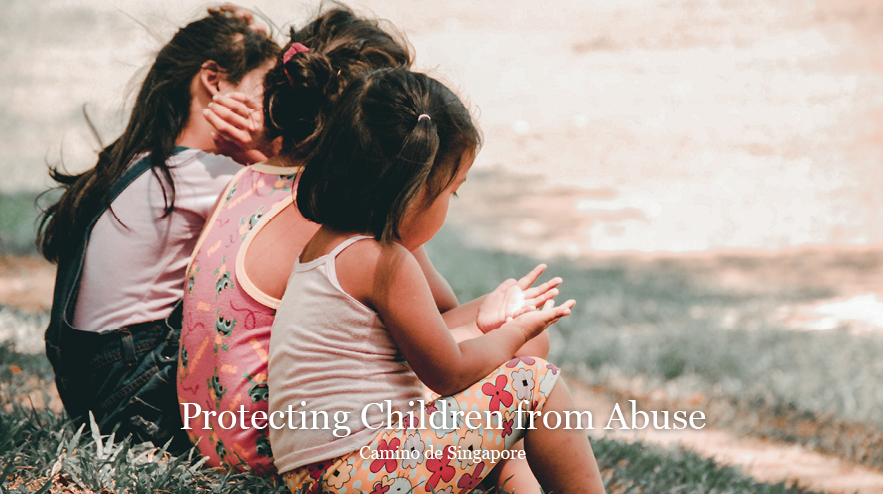No products in the cart.

I always find it distressing to read the many cases of sexual abuse in the news, especially intra-familial abuse cases. Parents are supposed to be protectors of their children, but they end up becoming perpetrators in these cases. These terrible acts always make me wonder what has gone wrong in our society, and what we can do for these little ones.
When I was growing up, my parents never talked to me about sexuality. It was taboo to even mention it. Similarly, most of my peers’ parents never brought it up with their children either. Perhaps this was because my parents’ generation was more conservative. This is unfortunate because it is such an important issue.
I can still vividly remember an incident I witnessed long ago. I was walking to school when I saw a secondary schoolmate crying and surrounded by a couple of teachers trying to console her. I found out later on that she encountered a flasher and became deeply traumatised.
We should not underestimate how traumatising it can be for a female teenager to go through such an experience. Yet, imagine how much worse it would be for a child younger than seven years old to be sexually violated. In the past, I worked with many victims of sexual abuse. A common consequence I observed was that they could not forget what happened. While some were able to get over the trauma after counselling and support, not everyone could recover.
Moreover, many victims of sexual abuse have to endure additional distress when they seek justice. Reporting sexual abuse is often viewed as taboo because it involves not only the victim, but also the victim’s family, and possibly, the attention and judgment of the public. It can also be traumatising for a victim to tell another person what they went through, having to relive the ordeal once more in their mind. This is why going through the whole legal process in reporting sexual abuse requires a lot of courage on the part of the victim and support from the victim’s family and friends. While reporting is necessary for preventing further abuse, without these, the process might end up psychologically scarring the victim further.
Thus, prevention is truly better than cure. It is paramount that children are educated on how to protect themselves from sexual abuse and other forms of abuse, starting from as young as five years old. Early education is a form of early intervention that can help reduce the risk of sexual abuse. Such education could start from something as basic as teaching children on how to repel any attempt to touch their private areas, except when it is necessary during showers or cleaning.
We need to empower children by teaching them how to differentiate between right and wrong, and how to seek help by informing an adult who is well-placed to protect them. This is especially urgent given that the internet is so easily accessible today. It is hard to control access to undesirable sexual content online, such as child pornography, which in turn might encourage more abusive behaviours in society.
Scripture says, “Do you not know that your body is a temple of the Holy Spirit within you, which you have from God, and that you are not your own?” (1 Cor 6:19). If we take seriously the teaching that our body is the temple of God, we have a serious responsibility to teach our children, who are among the most vulnerable, to protect their bodies from defilement.
Eve Ong is part of the Parish Engagement Team at Caritas Singapore. She is a passionate advocate for the environment who has a great love for God and His creation.
